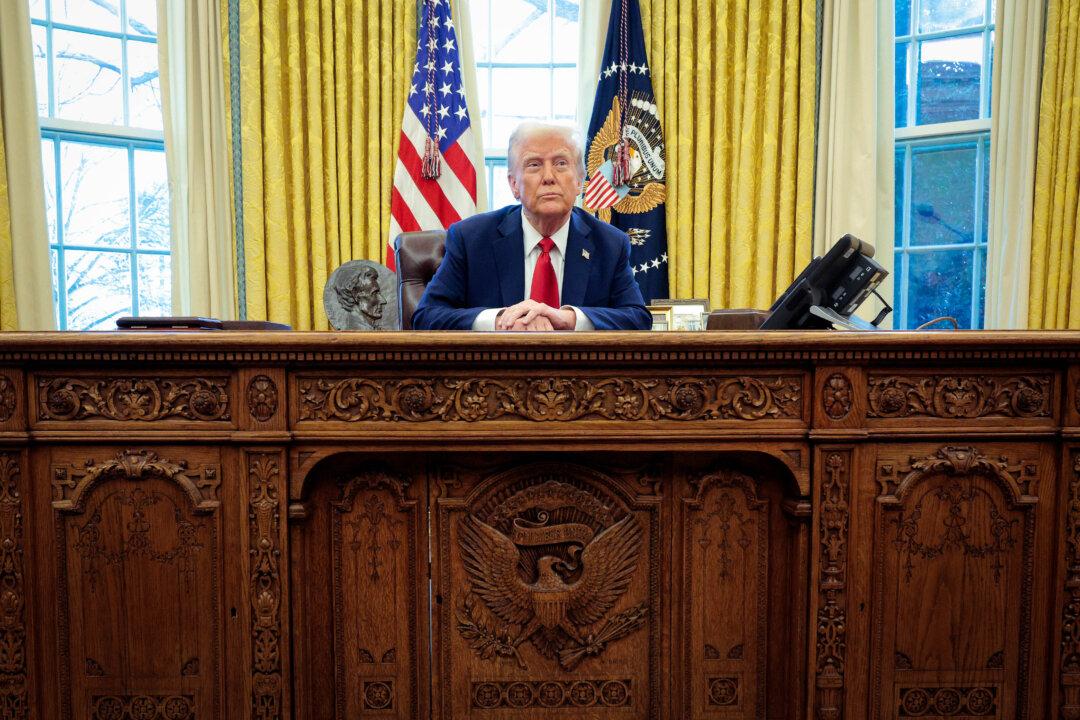WASHINGTON—The wealth tax proposed by Democratic presidential candidates has sparked a fierce debate in the country about whether the proposal is unconstitutional and would encourage capital flight, according to a panel of experts.
Democratic presidential candidate Sen. Elizabeth Warren (D-Mass.) proposed to levy a 2 percent tax on net wealth above $50 million and 3 percent on net worth over $1 billion.
Warren argued that billionaires should be able to “pitch in 2 cents” for every dollar to help reduce income inequality in the country and generate much-needed funds for her policy priorities, such as Medicare for All and student loan forgiveness.
“I think it’s a very bad idea,” said Glenn Hubbard, dean emeritus and professor at Columbia Business School.
Speaking at a panel at the American Enterprise Institute (AEI) on Oct. 22, Hubbard called the 2 percent wealth tax “confiscatory.” He argued that the wealth tax has created “enormous tax planning problems” in other countries.
“Virtually every country that’s tried it has pulled it back entirely or has wealth taxes at a tiny fraction,” he said.
Wealth Tax Failed in Europe
Most European countries gave up on wealth tax decades ago, as they discovered that punitive taxes on the rich were counterproductive, according to a Cato Institute report. It undermined economic growth and encouraged capital flight.“The number of European countries with annual wealth taxes has fallen from 12 in 1990 to just three today,” the report states.
For example, France had to abolish its wealth tax in 2017 after wealthy entrepreneurs and celebrities announced that they were fleeing the country. According to the French government’s estimates, some “10,000 people with 35 billion euros worth of assets left in the past 15 years,” the report says.
According to Alan Viard, a resident scholar at the AEI, it’s a misstatement to say that a 2 percent tax rate is low, especially when the safe rate of return on investments such as bond yields is taken into account.
To increase tax revenues from the wealthy, “I still don’t think you really need to go to a wealth tax; you can do that within the income tax system,” Viard said at the AEI event. “You would have a better way to do that just by changing the way that capital gains are taxed.”
He said that would “avoid the constitutional issues surrounding the wealth tax” and “most of the valuation issues.”
It would be highly cumbersome to value assets on an annual basis, especially ones that aren’t publicly traded, he noted.
William Gale, the co-director of the Urban-Brookings Tax Policy Center, defended higher taxation on the rich, arguing that it could reduce rent-seeking activity.
“Having said that, I’m not ready to buy on to the wealth tax yet for a lot of reasons,” Gale said during the panel discussion. He said he was worried about the constitutionality of the tax.
‘Wrong Path’
Larry Summers, who served as Treasury secretary under President Bill Clinton and chair of President Barack Obama’s National Economic Council, also criticized the idea of a wealth tax, saying that it would lead Democrats “down the wrong path.”Speaking at a Peterson Institute panel on Oct. 21, Summers said that the idea would have “little chance of passing through Congress.” He also predicted that the Supreme Court would declare the proposal “unconstitutional.”
Emmanuel Saez and Gabriel Zucman, economists at the University of California, Berkeley, predicted that Warren’s proposal could raise $2.75 trillion in revenue over 10 years.
Summers earlier took aim at the economists, calling their revenue estimates “overly optimistic.”





